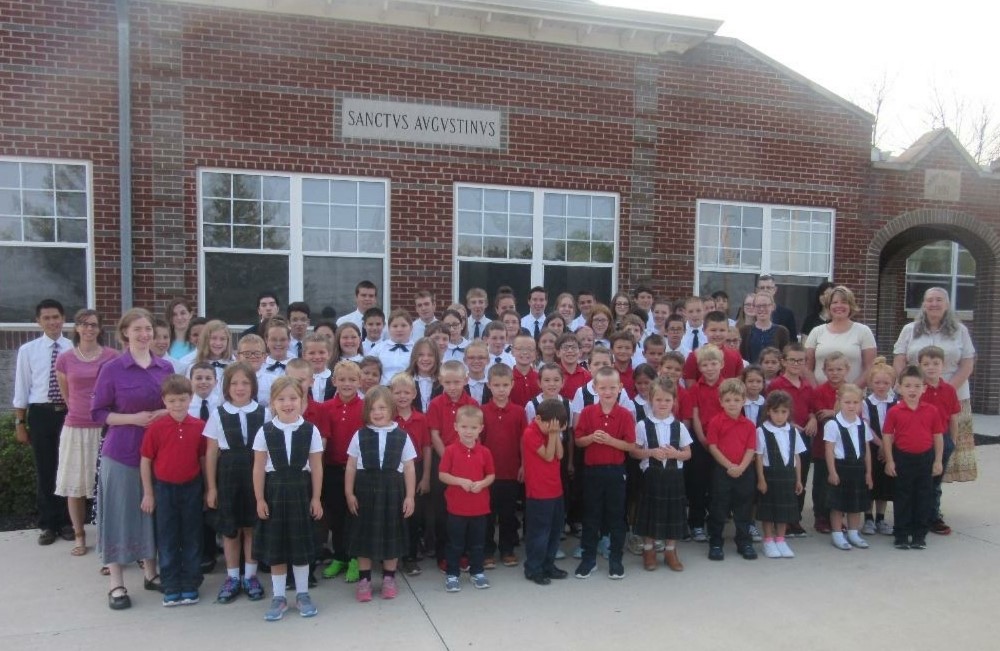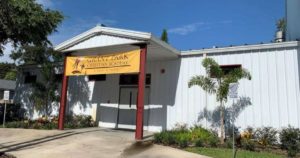Federal court rules for Wisconsin Catholic school in split busing decision
(The Center Square) – Parents at the St. Augustine School in Colgate could soon be putting their kids on the school bus after a federal judge ended a long-simmering court battle over Wisconsin’s…

(The Center Square) – Parents at the St. Augustine School in Colgate could soon be putting their kids on the school bus after a federal judge ended a long-simmering court battle over Wisconsin’s school choice busing program.
A federal judge in Milwaukee last week issued a final decision in the case that questioned both First Amendment religious protections and Wisconsin state law.
The fight began back in 2016 when the state and the Friess Lake School District, which is now part of Holy Hill Area School District, denied school bus service to the parents of three kids at St. Augustine.
Wisconsin law allows for parents at private schools to use public school buses, but there is a limit.
The St. Augustine parents sued, saying they were being punished for sending their kids to a Catholic school.
They originally lost the case, but the Wisconsin Institute for Law and Liberty appealed, and took the case through both the Wisconsin and U,S. Supreme Courts. The U.S. Supreme Court ordered the case back to federal court in Milwaukee for a review.
The judge in the case last week said the school district made a mistake by denying St, Augustine bus service by claiming the Milwaukee Catholic school system drew students from the area.
But the judge also ruled that the St. Augustine parents were off in their claims that they were denied service because of their Catholic faith.
“The [school district] clearly did not deny the [parents] benefits based on a belief that no school that calls itself Roman Catholic was eligible for benefits, which is what they would have had to have done to impose a penalty on a particular religious identity,” the judge wrote in his opinion, adding “another school that called itself Roman Catholic was already receiving benefits for the attendance area.”
WILL Deputy Counsel, Anthony LoCoco said the split decision is important because it clarifies where the line in these kinds of cases is.
“It has always been clear that the government has no right to decide the meaning of religious terms such as ‘Catholic,’ much less to deny public benefits based on such determinations. But we are pleased that a Court has now confirmed that doing so violates state law,” LoCoco said in a statement.



